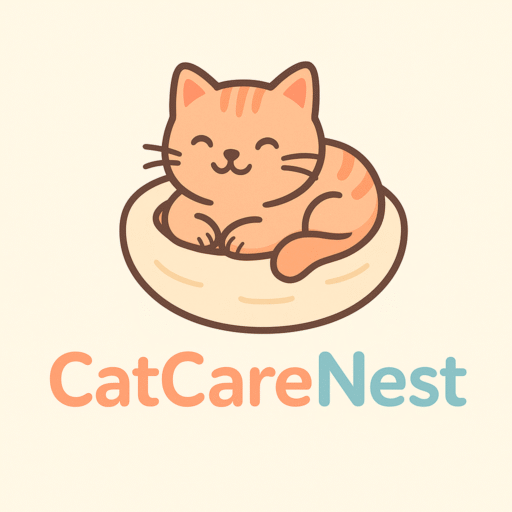Pamper Your Cat with Wellness & Care
Give your cat the relaxation they deserve with calming, health-boosting products.
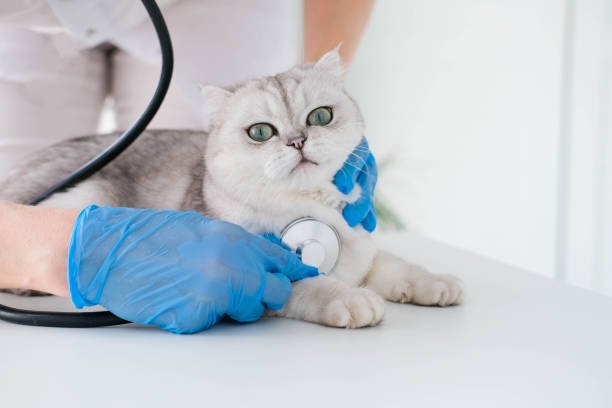
Regular grooming is essential for your cat’s health and comfort. It helps prevent hairballs, removes dirt, and keeps their coat shiny. Brushing your cat daily can also help you spot skin issues early. A well-groomed cat is a happy cat. It reduces stress and creates a stronger bond between you and your pet. Grooming also stimulates blood circulation. Long-haired cats especially need frequent brushing. Clean fur also means fewer parasites. It’s a great time to check for lumps or injuries. Your cat enjoys the attention and care. With daily grooming, you support your cat’s overall health. Make it part of your routine.
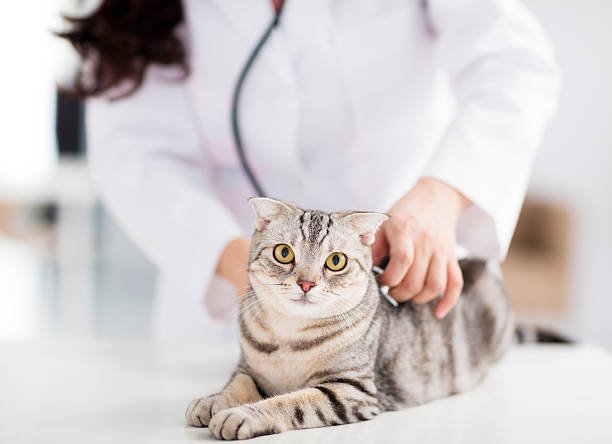
Feeding your cat a balanced diet keeps them strong and energetic. Choose high-quality food with essential nutrients. Protein is vital for muscle health. Avoid overfeeding to prevent obesity. Fresh water should always be available. Each life stage requires specific nutrients. Consult a vet for diet recommendations. Avoid feeding human food or leftovers. A good diet helps skin, coat, and digestion. It strengthens the immune system. Healthy food reduces vet visits. Your cat deserves the best care. Nutrition affects mood and activity levels. Monitor your cat’s weight regularly. Good food is a lifelong gift of health.
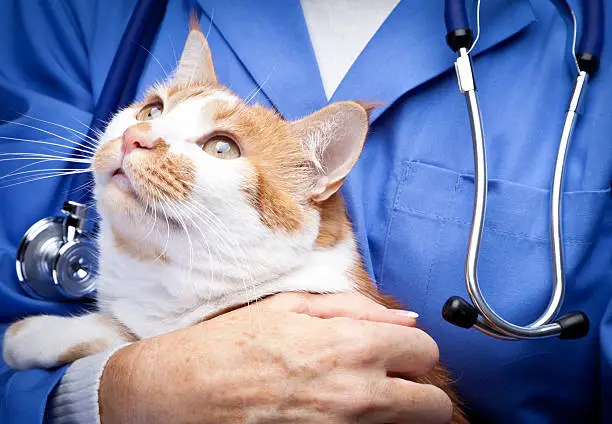
Regular checkups help detect problems early. Even if your cat looks healthy, vet visits are important. Vaccinations protect against serious diseases. Dental checkups prevent painful conditions. A vet can check internal organs through tests. Preventive care extends your cat’s life. Flea and tick treatments should be up to date. Spaying/neutering improves overall health. Older cats need more frequent visits. Discuss behavior or diet changes with your vet. Keep medical records organized. Early treatment saves money and stress. Annual checkups are a must. Vet advice helps you make informed decisions. Prioritize your cat’s long-term well-being.
Mental Stimulation for Health
Cats need mental activities just like physical ones. Boredom can lead to stress and bad behavior. Puzzle toys challenge your cat’s brain. Interactive play keeps them engaged. Rotate toys to keep interest alive. Window perches offer visual stimulation. Scratching posts satisfy natural instincts. Laser pointers are great exercise and fun. Daily play sessions build trust. Mental activity reduces anxiety. It improves overall mood and health. Stimulated cats are more confident. Lack of stimulation may cause depression. Keep your indoor cat entertained. Mental health is just as important as physical health.
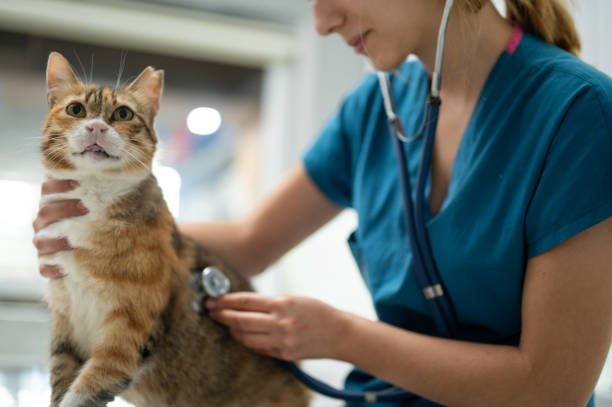
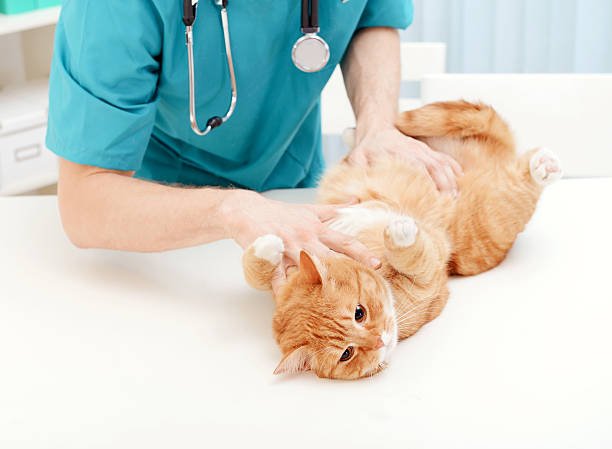
Hydration and Fresh Water
Water is crucial for your cat’s body to function well. Dehydration can cause serious health issues. Always provide clean, fresh water. Cats often prefer running water, so a fountain helps. Wet food can increase hydration. Monitor water intake daily. Encourage drinking after play or meals. Place multiple water bowls around the home. Keep bowls clean and away from litter boxes. Hydration supports kidney and urinary health. It’s especially vital for older cats. Avoid milk—it can upset their stomachs. Lack of water can lead to lethargy. Healthy hydration equals a healthy cat. Make it a habit to check water bowls.
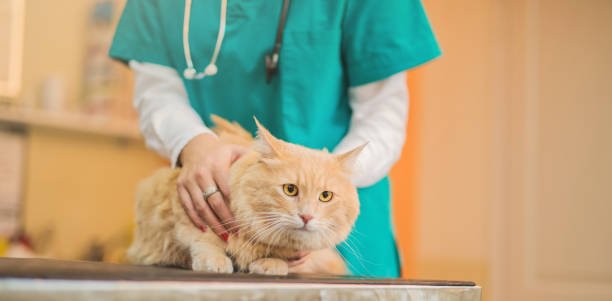
Exercise Keeps Cats Fit
Regular activity prevents obesity and boosts health. Indoor cats need structured playtime. Use toys that mimic prey movements. Climbing trees and scratching posts help too. Play at least 15–30 minutes a day. Exercise supports heart and joint health. It helps with digestion and stress. Active cats are usually happier. Prevents behavior issues caused by boredom. Kittens and adults both need exercise. Mix up play routines for excitement. Cat tunnels and climbing shelves are great. Involve the whole family in playtime. A fit cat lives longer. Keep them moving for a healthier life.
